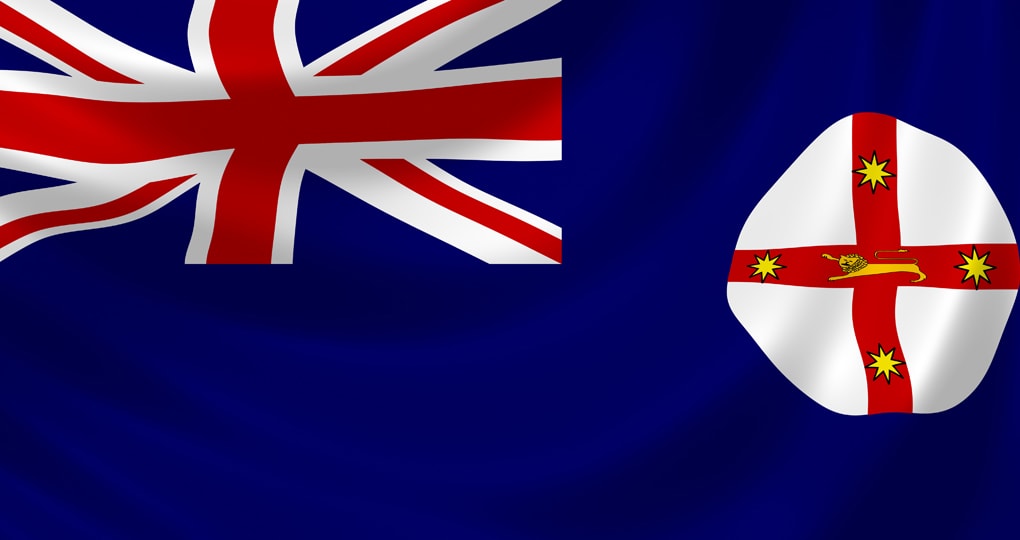Fringe Benefits Tax — What business owners need to know this Christmas
As the festive season approaches, you are likely planning your end-of-year functions and perhaps even thinking about Christmas gifts for valued customers and employees for another year.
During this period, it’s important to understand and be mindful of the implications of Fringe Benefits Tax on gifts and parties, to ensure that your generosity doesn’t cause unwelcome tax consequences for your business.
To help, we have set out the following guidelines to assist you:
Fringe Benefits Tax at Christmas
Christmas Parties
If your business lodges an FBT return calculating entertainment using the 50/50 method, then 50% of the cost of your Christmas party will be subject to FBT.
If you do not lodge an FBT return using the 50/50 method then the cost of your Christmas party will be exempt from FBT provided one of the following applies:
- The Christmas party is held on business premises on a working day for current employees only, OR
- The Christmas party costs under $300 per head.
If your business entertains your employees frequently (more than 10 times per year) then your Christmas party may be subject to FBT regardless of the cost, so please discuss this with your Allan Hall advisor first.
Example
- A law firm holds its Christmas party for employees only on a Friday afternoon in the office garden complete with marquee, live band, premium alcohol and a delicious banquet cooked by a celebrity chef. The cost comes to $490 per head. This will be exempt from FBT.
- An electrical company holds its Christmas party at a local restaurant with food, drink and entertainment. Ten employees and their spouses are invited making a total of 20 people. The total cost comes to $5,000. As this equates to $250 per head it will be exempt from FBT.
Customer Gifts
Gifts to customers are tax deductible and not subject to Fringe Benefits Tax, provided they are a genuine gift e.g. a Christmas hamper or a bottle of wine. If you choose to take a customer out for a Christmas drink instead, your portion of this may be subject to Fringe Benefits Tax.
Staff Gifts
Gifts are a great way to show your employees how appreciative you are of their efforts whilst still attracting a tax deduction for your business. However, it’s important to understand that staff gifts over $300 will be subject to Fringe Benefits Tax.
Further, staff gifts under $300 should be eligible for the minor benefits exemption from Fringe Benefits Tax, but if they are recreational gifts (such as concert, cinema or sports tickets) then no income tax deduction or GST can be claimed.
Understanding the intricacies of Fringe Benefits Tax and the implications of FBT on your Christmas entertaining — gifts and parties — can be challenging. Many of our team offer skilled and highly experienced advice in all aspects of Fringe Benefits Tax, so please contact your Allan Hall Advisor for specific assistance before planning your Christmas functions and/or staff and customer gifts.
NOTE: If your business is a tax-exempt body or charity then a separate set of rules applies so please consult your Allan Hall Advisor.








